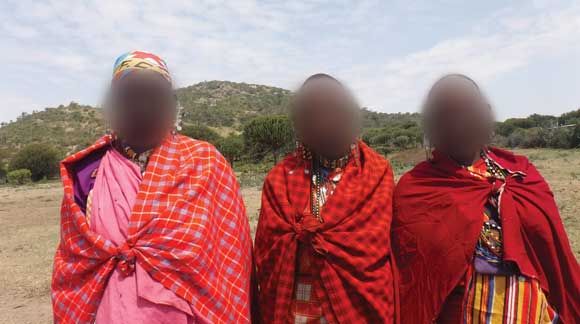Tanzania's Withdrawal from the African Court on Human and People's Rights
A Wrong Move for the Country and for the Continent

When domestic mechanisms fail and there is no rule of law, independent regional and international mechanisms are essential to ensure accountability and human rights for all. This December 10th, recognized internationally as Human Rights Day, it is necessary to challenge Tanzanian President John Magufuli’s latest move which takes away the ability of individuals and NGOs to file cases against the government in the African Court on Human and People’s Rights — a continental court that Tanzania hosts. Amidst growing authoritarianism and intolerance of dissent in the country, this action thwarts efforts to establish continental human rights bodies and sends a wrong message to African governments.
Pulling out from the African Court on Human and People’s Rights entrenches the human rights crisis that has been building in Tanzania since President Magufuli’s election in 2015, with passage of several draconian legislations criminalizing dissent and freedom of opinion. For instance, the 2016 Media Services Act violates the constitutional right of journalists to execute their right to free expression and opinion.
In 2017, Magufuli imposed the ban, preventing pregnant girls and teenage mothers from attending school. Under his “morality crusade,” homophobia and attacks on LGBT+ have reportedly risen. Civil society organizations supporting gay people have been shut down, activists have been arrested and HIV/AIDS prevention programs for gay men have been suspended.
New electronic and postal communication regulations imposed in 2018, granted discretionary powers to the Regulatory Authority to censor online content. It also required online content creators — traditional media websites, online TV and radio channels, as well as individual bloggers and podcasters — to pay roughly two million Tanzanian shillings (930 US dollars) in registration and licensing fees. The September 2018 amendment to the Statistics Acts criminalized the public dissemination of any statistical information contradicting official government figures. Anyone found doing so, faces a fine of at least 10 million Tanzanian Shillings ($4,370), at least three years in jail, or both. After international outcry, threat of prison was dropped.
Similarly, basic rights to life, security, food and housing, freedom from arbitrary arrest, and more—are being systematically denied to the Indigenous Maasai pastoralists in the Loliondo and Ngorongoro regions of northern Tanzania. The Oakland Institute’s research and advocacy exposed the plight of the Maasai villagers who face intimidation, violent evictions, arrests, beatings, and starvation — by the Tanzanian government to benefit safari and game park businesses. Following violent government-led evictions of Maasai villagers from their legally registered land in August 2017 which left 5,800 homes damaged and 20,000 homeless, four impacted Maasai villages sought recourse against the government — perpetrator of these abuses — in the regional East African Court of Justice (EACJ). In September 2018, EACJ granted an injunction prohibiting the government from evicting communities, prohibited the destruction of Maasai homesteads and the confiscation of livestock on said land, and banned the office of the Inspector General of Police from harassing and intimidating the plaintiffs, pending the full determination of their case. Despite this, intimidation and threats continue, allegedly leading to the expert witness for the plaintiffs not showing up at the last court hearing in November 2019.
In case of failure to secure justice at the regional court, Tanzania’s withdrawal from the African Court, takes away the ability of the Maasai villagers to seek redress at the continental court, thereby severing a vital path to peace, development, and security.
According to Amnesty International, Tanzania has the highest number of cases filed against it and judgments ruled against it by the African Court. By September 2019, 28 decisions out of the 70 decisions issued by the court — or 40 percent — were on Tanzania.
With a full-blown human rights crisis in the country which threatens stability and democracy, it is essential that the Tanzanian government immediately reverses its decision. Instead of weakening African human rights bodies, it should work to strengthen its domestic judicial system. The Magufuli administration needs to understand and respect that when a government recklessly violates the rights of its citizens, international scrutiny and action is paramount.
If you wish to reprint this article, please let us know by emailing [email protected]
